While the United Nations (UN) is a towering structure that has lead to general improvements in society, it has not brought about the revolutionary changes that social enterprises cultivate within developing nations.
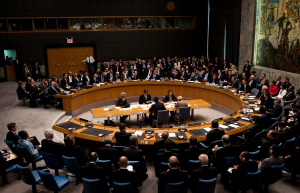 I was a fervid Model United Nations competitor during high-school. Having attended several conferences, I realized that each representative represents a multitude of stakeholders and the UN itself is mandated to additional stakeholders. For example, UN’s Economic and Social Council’s website states:
I was a fervid Model United Nations competitor during high-school. Having attended several conferences, I realized that each representative represents a multitude of stakeholders and the UN itself is mandated to additional stakeholders. For example, UN’s Economic and Social Council’s website states:
“ECOSOC engages a wide variety of stakeholders – policymakers, parliamentarians, academics, …(the list goes on)”
It should be no surprise that most of the people who represent their nations are politicians, not innovators, not social entrepreneurs.
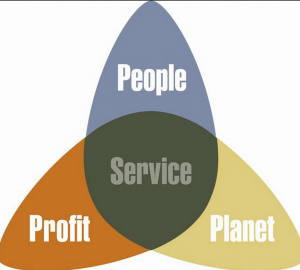
A Social enterprise seeks to better the people and planet while generating profit.
In no way am I trying to discredit the value of the UN; I am, however, trying to make the point that the UN and social enterprises are fundamentally different. Social enterprises focus on improvements in humans and the environment, for example the Arc Initiative. The Arc Initiative helps develop business management skills and leadership capacity; it seeks to empower the people so they are self-sustaining; it seeks immediate action to create future change.
Even if the UN was fully funded, injecting a surge of temporary support will not solve the problems of third world nations, but maybe if a fully funded UN and social enterprises worked together, magic could happen.
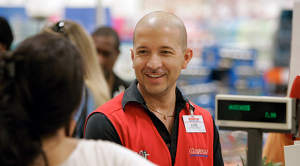
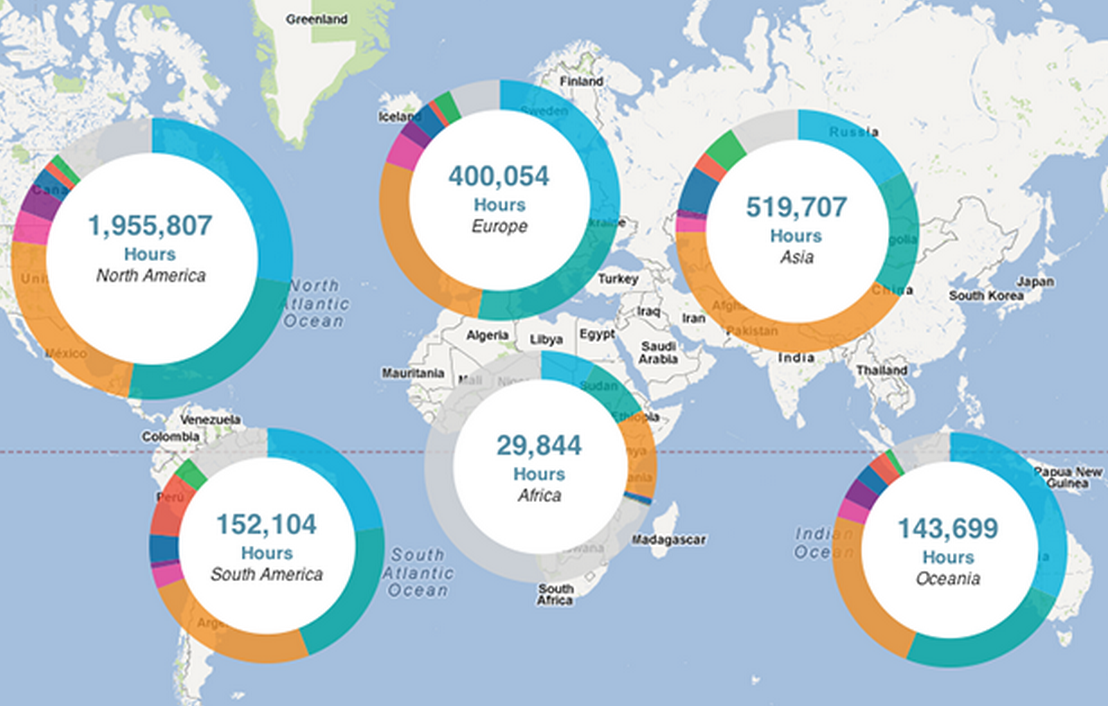



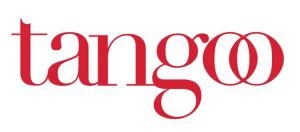


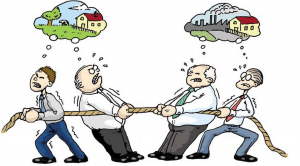


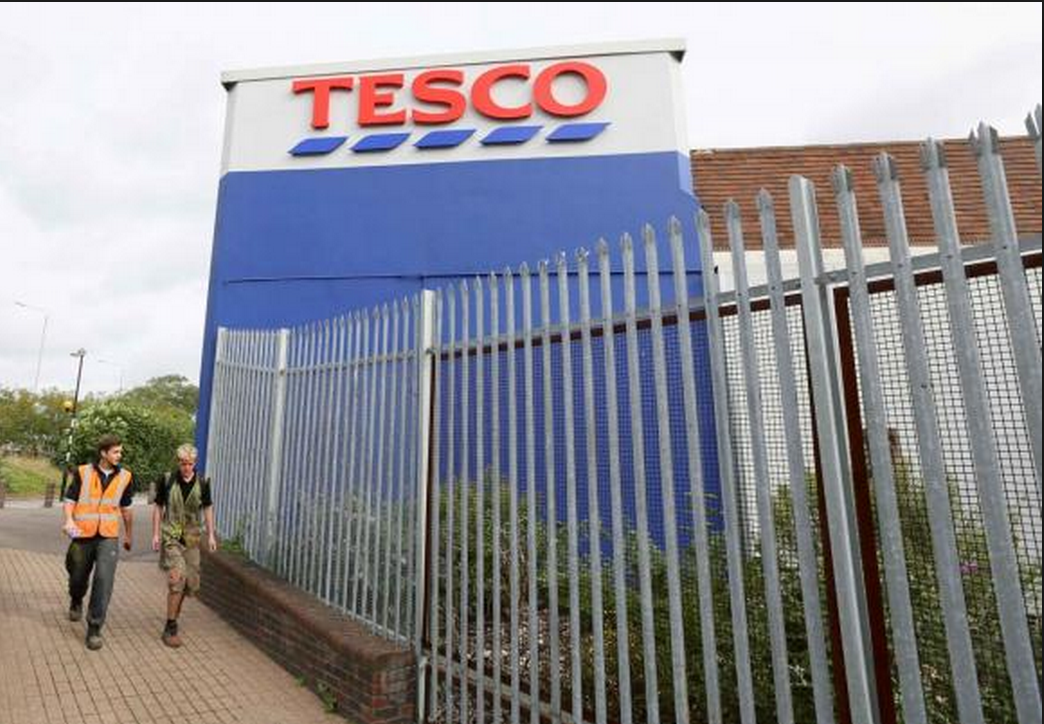


 strengthen its army.
strengthen its army.